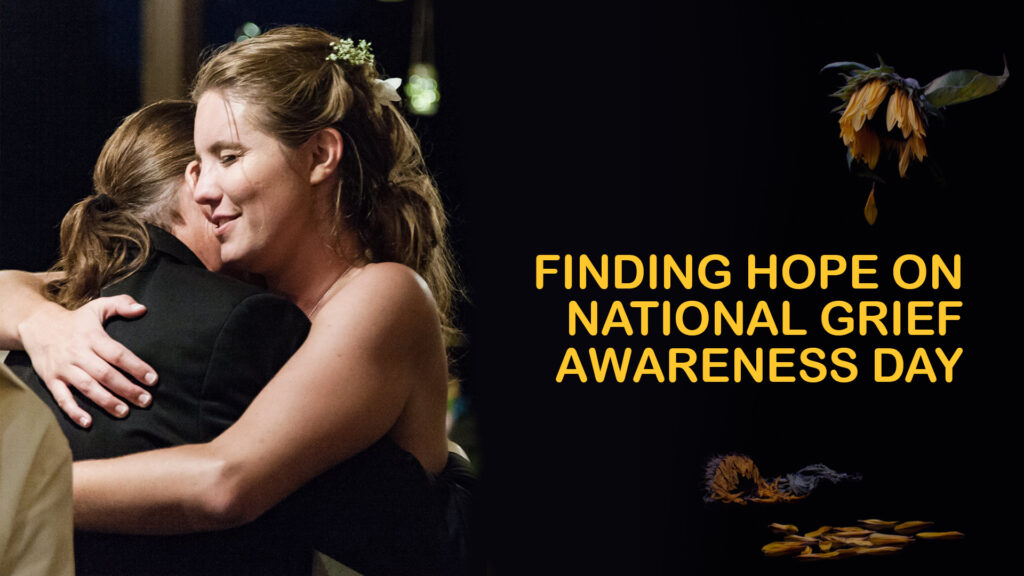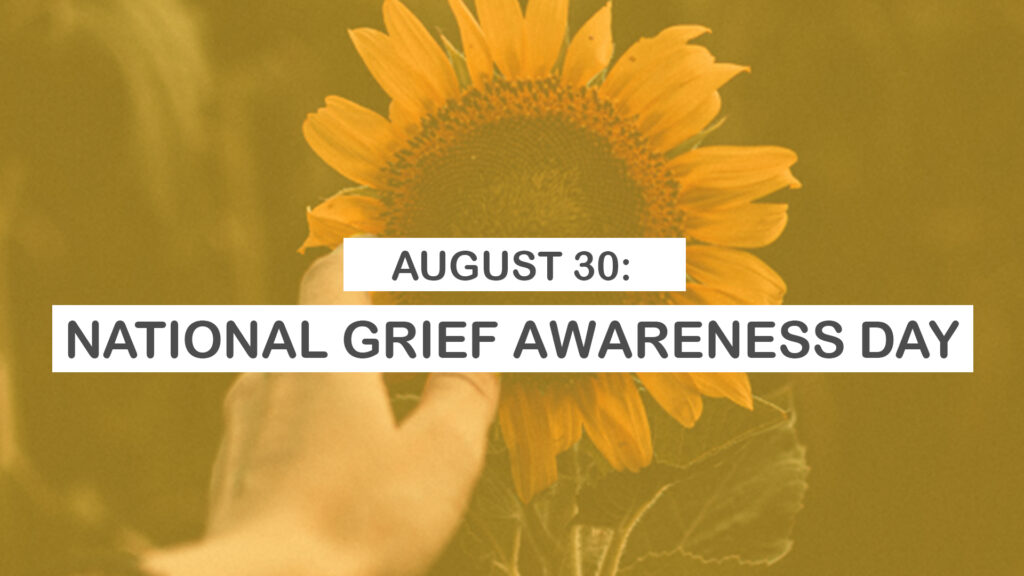Two years ago, we received the call that my father-in-law had passed away. We sat in our kitchen, nursing drinks and listening to the quiet tick of the clock, trying to understand. We were trapped with our grief, separated from the hospital and the rest of our family by closed borders and pandemic protocols.
When my alarm went off the next morning, my husband and I shared a silent hug and got ready for work. We went to our jobs, did the shopping, the laundry, and the chores. We returned to our responsibilities, burying the grief under the layers of the monotony of life. Our story is mirrored in the stories of people around the world every day.
Though we appeared to be handling the loss, in truth, we were avoiding it. Rather than taking time to honor our grief and listen to it, we were harboring it in our hearts, holding on tighter and tighter to the emotion as we pushed it deeper and deeper. While our response felt like it was helping us move on, in truth, it was only hurting us in the long term.

Sadness, or grief, is one of the three primary emotions associated with the emotional despair found in hopelessness. All emotions, including grief, are important to our journeys. They give us vital information about the world and ourselves. However, when we allow the emotions found in
our downstairs brain, such as grief, anger, and fear, to control us, we are no longer able to access the problem-solving, creativity, happiness, and hope in our upstairs brain.
When we allow hopelessness to flourish, we separate ourselves from the things we want in life; We decrease our resilience against negative behaviors, such as violence, addiction, and self-harm.
August 30th is National Grief Awareness Day. A day to not only acknowledge grief and the myriad of ways that we deal with loss but also a day to allow room for grief in our busy lives.
Today, I invite you to join me in beginning to journey from despair to positive feelings; from hopelessness to hope. Set aside some time today to meditate. Find the grief that you are holding onto in your heart and listen to what it is telling you. Allow the emotion to flow around you, to share its wisdom, and then begin to let it go. The goal is not to bury the grief or run from it, but to accept it and honor it so that you can begin to heal.

You can also observe National Grief Awareness Day by reaching out to people in your Hope Networks. Check on a friend or family member who is experiencing grief and see if you can help them as they work to manage the emotional despair of hopelessness. Though we all experience grief differently, it is nonetheless something that we all experience.
You can find resources for dealing with grief at iFred Support, on iFred’s “Managing Grief” YouTube playlist, and learn about the physical impact of grief in this article by Harvard Health: How to Overcoming Grief’s Health-Damaging Effects. You can also learn more about the Stress Skills you can use to proactively manage the emotional despair of hopelessness by downloading our Hopeful Minds curriculums.
Help us raise awareness today by sharing your own journey with grief using #NationalGriefAwarenessDay #Hope #HopefulMinds



Speak Your Mind